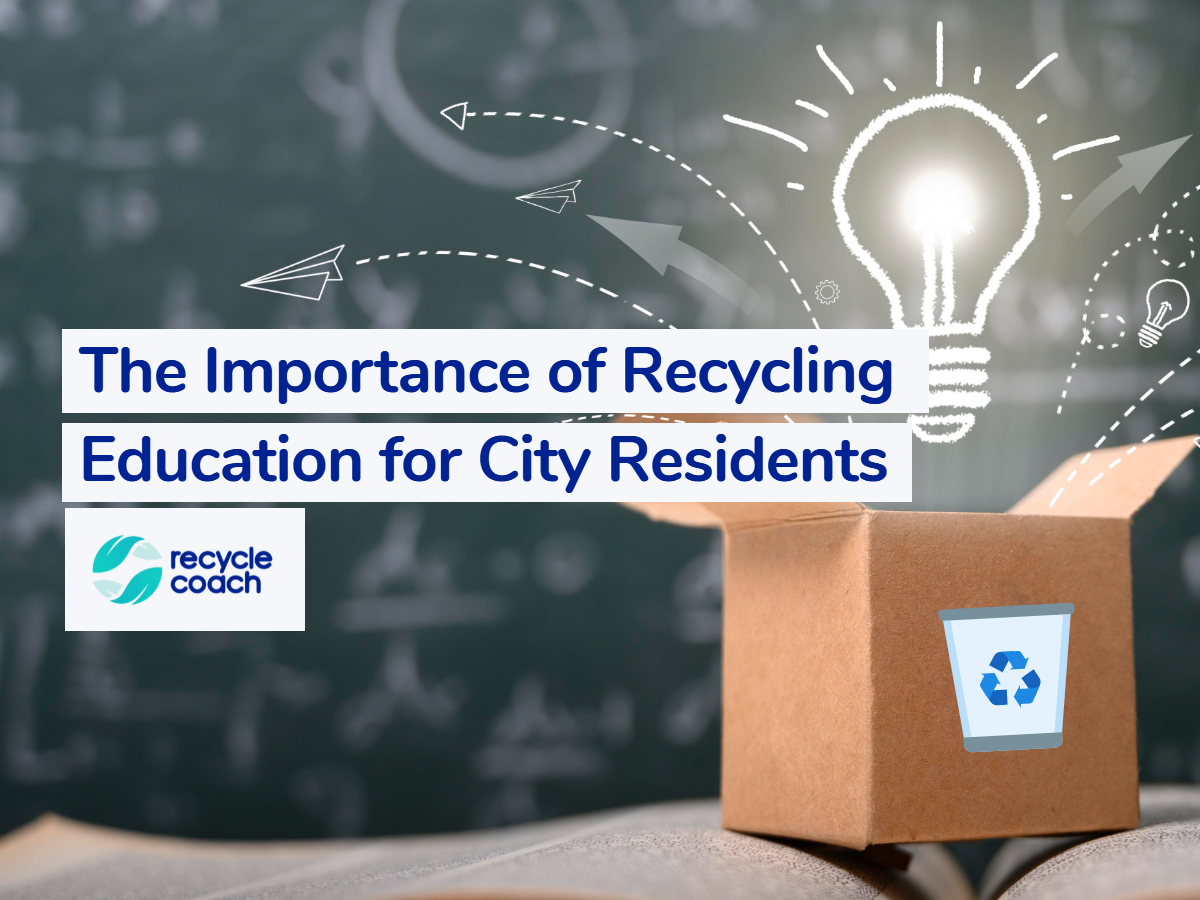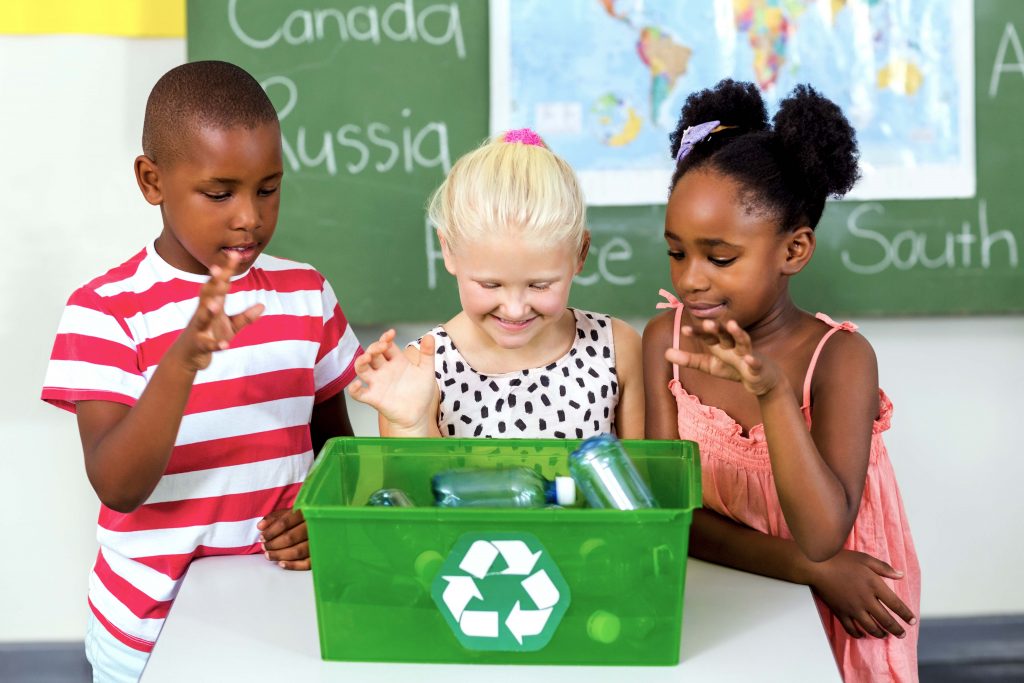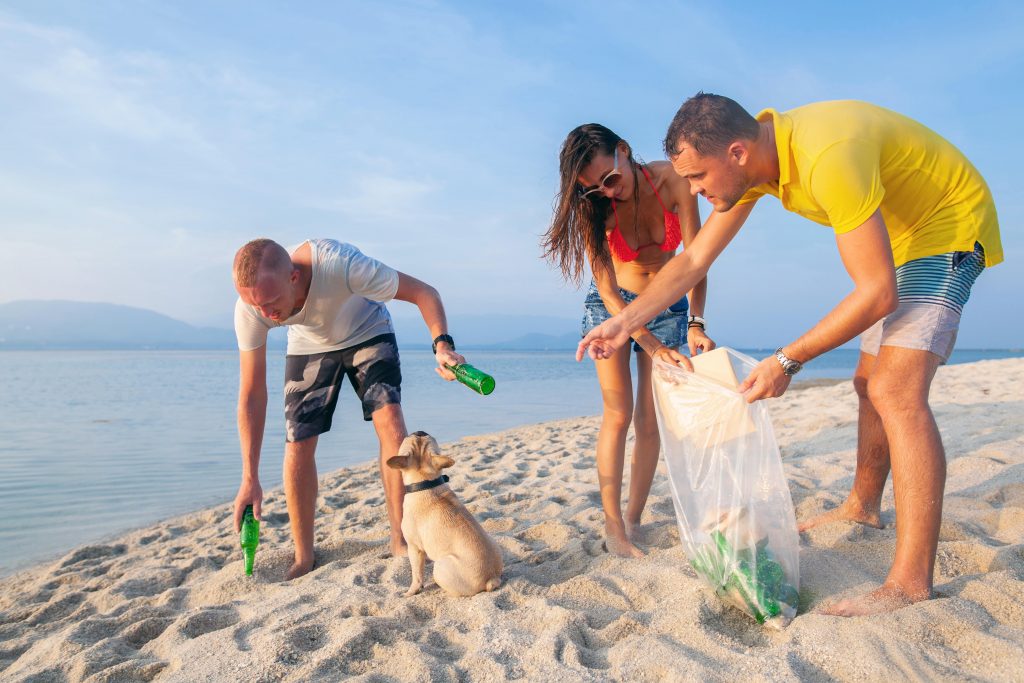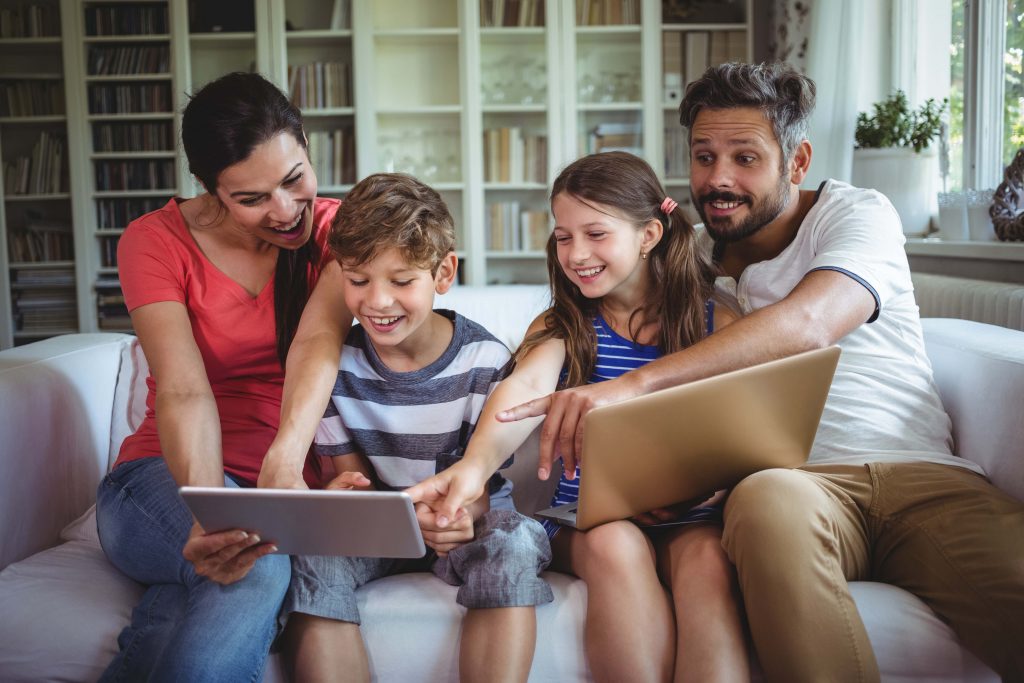The Importance of Recycling Education for City Residents

When you think of recycling education what springs to mind?
Maybe it’s a classroom filled with kids, and a teacher holding a papier-mâché earth. Or a business conference where climate leaders speak about sending less waste to overburdened landfills.
Whatever image comes to mind, it’s unlikely that you first thought of a family at home, learning about recycling together. Traditionally, recycling education is taught in school, and then almost never again unless an individual goes looking for it.

While recycling is an important lesson to learn at school, this education should continue well beyond the classroom. Adults can engage in more complex, nuanced discussion than school children, which is what community recycling demands in times like these.
Every municipality has different recycling practices, processes, and programs. For true community recycling cohesion, the aim should be to connect and educate adult residents. Simply stated, school recycling education is not enough to create adults that know how to recycle correctly.
#2: Foster Strong Community Development
A good recycling program can transform a community, but it takes resident buy-in.
The Environmental Protection Agency says that a strong recycling program is key to developing a healthy and united community.
It takes everyone in a local area to commit to cleaner, greener habits – and as they perform these actions, they discover a deep sense of connection with those around them.

A unified community contributes to lowering greenhouse gasses in their area, while functional recycling programs create more local jobs and tax revenue. Quality of life is something that begins with caring about your environment, and benefits the entire community.
Recycling education is an important link in the chain of green responsibility and sustainable community development. Without it, you can’t expect residents to recycle well, take advantage of the programs you put in place or succeed in achieving a truly green-focused municipality.
#3: Conversations in the Home
Since the pandemic struck in 2020, more people are spending time at home.
That means most waste created by individuals is being disposed of at home. This is a unique and unprecedented opportunity to educate residents about recycling right where they live.
With so many ways to deliver home-based recycling education, families can now engage with nuanced and complex recycling issues, understanding more about the ‘whys’ and whats’ than ever before. There is a real chance to reduce recycling material contamination in your recycling streams.

People want to help, and they’re willing to go above and beyond to make their community more eco-friendly. Studies suggest that when residents understand more about what recycled waste becomes, they are willing to do more.
Recycle Coach has launched pilot programs in various US locations, and have had great success delivering education to families in residential locations using the Recycle Coach app.
Not only does our app connect residents to your municipality to improve their locational awareness, the campaigns run on our platform address your municipality’s specific recycling issues. It’s education that targets blind spots that your residents don’t even know that they have.
By educating residents about what to recycle, how to recycle and what should never be recycled in your stream – you’re creating a cleaner, more effective program for your city.
If you’re interested in improving how many people recycle, and how well they do it in your municipality, then recycling education is the answer.
You can’t rely on school education or expect to grow a unified community force that will help your recycling programs succeed if there is no way for your residents to absorb and engage with the recycling knowledge they need.
This year we challenge you to see what your residents can really do, when equipped with the right information. Educating residents to recycle better will help you see real results. Invest in recycling education for your municipality and spark the change your community is waiting for.